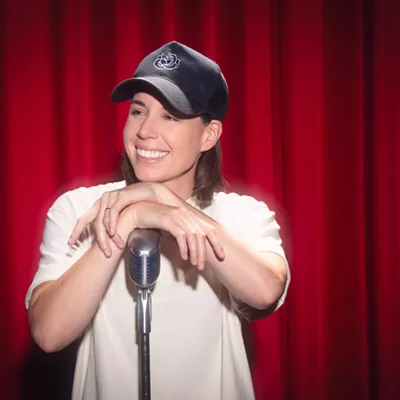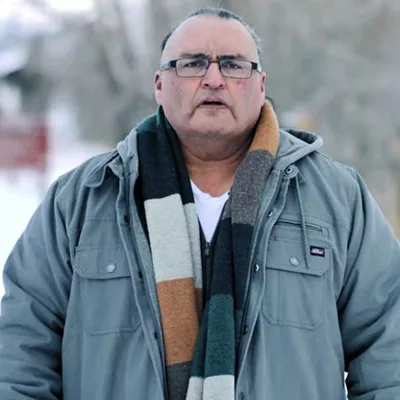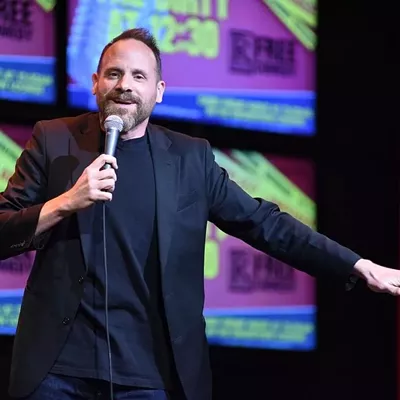It's hard to believe that only 50 years ago, African-Americans still went to different schools, sat in different sections on buses and were denied many of the rights we all share today.
An exhibit at the University of Arizona libraries' Special Collections, "50 Years: Civil Rights in Arizona from 1963 to Today," features materials and a lecture series on how the civil rights movement has influenced groups in Tucson and other communities that are still battling for their rights 50 years later.
"Tucson, I think, is part of the broader society, and we've been just as impacted as any other area of the country for civil rights," said Bob Diaz, the coordinator of the exhibits at Special Collections.
The Special Collections exhibit, he said, is "different because we haven't really focused a whole lot on diverse groups in the state. We are covering a variety of communities in this particular exhibit, both in terms of the material that's exhibited and the programming that we're doing."
The exhibit includes legislative documents dealing with civil rights and efforts to end discrimination culled from the Morris K. and Stewart L. Udall collections and Tucson Council for Civic Unity. It also includes photographs and papers from civil rights groups representing Tucson's African-American, Native-American, Asian-American, LGBT and Mexican-American communities.
Diaz said he wanted the exhibit to show the "contrast of what happened 50 years ago to what's happened today" as well as to raise awareness about contemporary issues to get people to think critically about how much progress has actually been made.
"It's been 50 years since 1963, which, you know, was a pretty pivotal year in the struggle for African-American civil rights," Diaz said, referring to the Rev. Martin Luther King Jr.'s "I have a dream" speech and other key events that year. "These are (also) Arizona issues so I wanted to make the connection between civil rights and its struggle back 50 years ago with what is going on today."
A companion exhibit in the University of Arizona Main Library also displays materials connected to the civil rights struggle, but on a more national scale.
Diaz explained that it is "more general material, and it also expands a little bit to cover the black power movement and music of the civil rights era. It just covers a little bit more ground."
The Special Collections exhibit also features four lectures, two of which have already been given.
The first lecture included a documentary film, In Their Own Words: The 1960s Civil Rights Movement in Tucson. The second was about civil rights cases from Arizona "that deal with Indian rights at the federal level," Diaz said.
The third lecture will be given at 7 p.m., March 7, and will focus on Tucson's LGBT community. Participants include Adela Licona of the UA Department of English; Stephen Russell, director of the Frances McClelland Institute, UA Norton School of Family and Consumer Sciences; and Jamie Lee of the UA School of Information Resources and Library Science.
The final lecture, at 7 p.m., April 29, will focus on Tucson's Mexican-American community. The speakers are Lupe Castillo, a professor at Pima Community College, and Margo Cowan, a public defender for Pima County.
"The speakers are bringing a more contemporary perspective to the table when they talk about the current situation," Diaz said.






